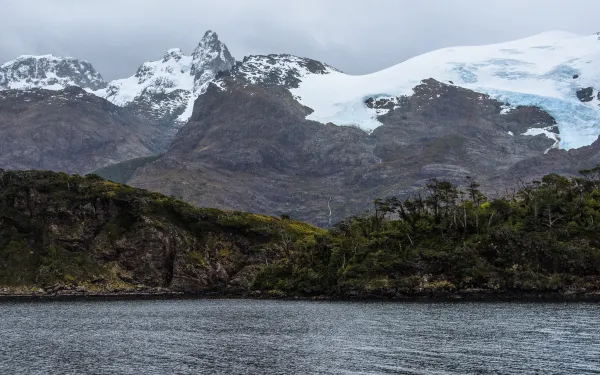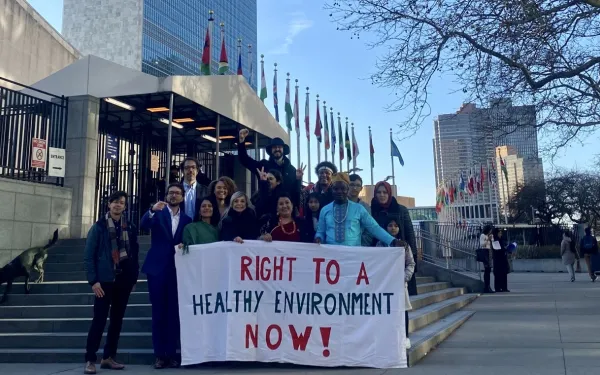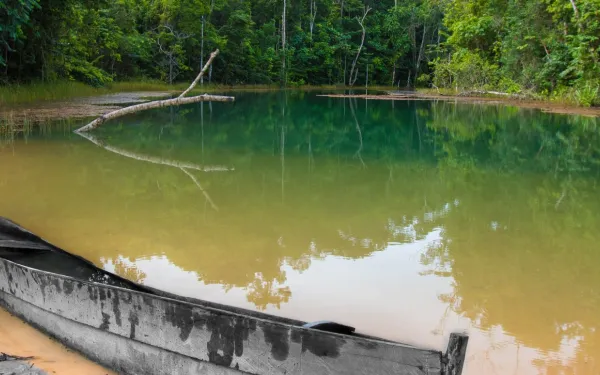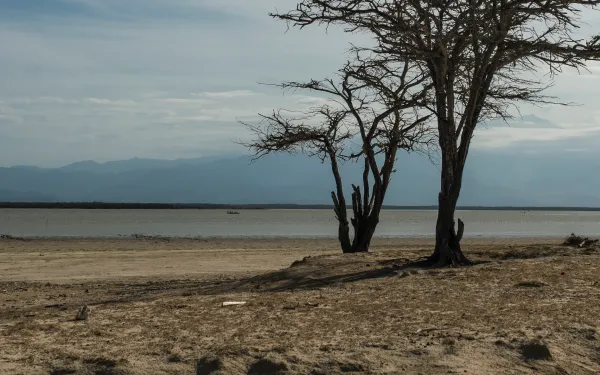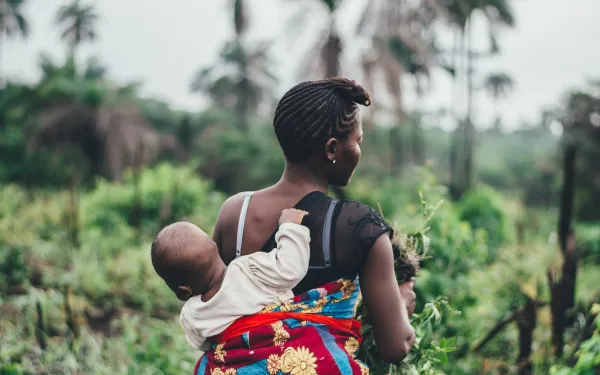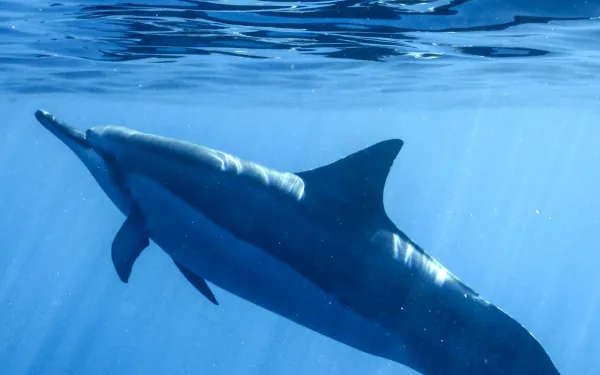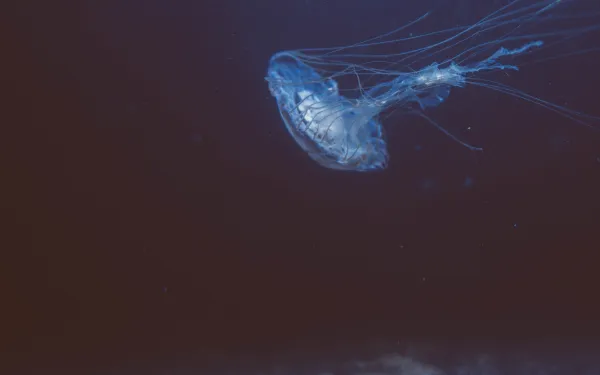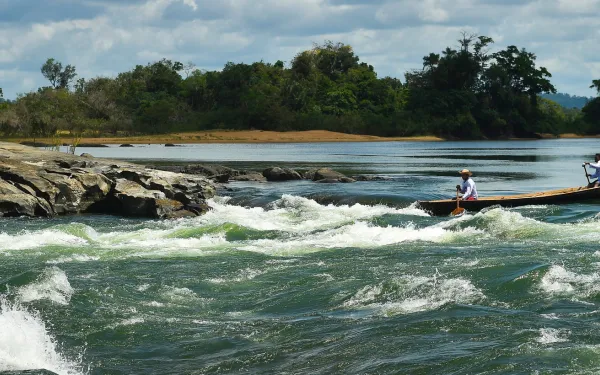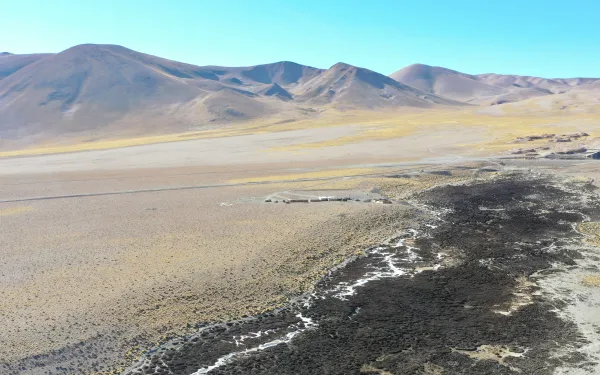
Court decision stops new lithium mining projects in Argentine salt flat, sets regional precedent
On March 13, the Supreme Court of Argentina’s Catamarca province ordered a halt on authorizing new lithium mining projects around the Salar del Hombre Muerto, in the department of Antofagasta de la Sierra. The high provincial court established that all projects must comply with the free, prior, and informed consultation of affected communities, thus granting the injunction filed by Román Guitián, Cacique of the Atacameños del Altiplano Indigenous Community.It is one of the most important rulings of recent times regarding care for nature and the protection of the rights of traditional communities.The court ordered the providence’s Ministry of Mining and the Ministry of Water, Energy and Environment to "refrain from granting new authorizations or environmental impact statements with respect to any work or activity" in the area until an environmental impact report with two fundamental characteristics is completed. The first is that it must be "cumulative and integral," covering the entire salt flat and especially the Los Patos River, which is in the same salt flat. The second is that it must consider the total impact of the companies that have applied for water use and extraction permits, and their potential to transform the environment in the same geographical area.Lithium mining in Antofagasta de la Sierra began in 1997 by the multinational company FMC, currently operating as Livent. The local communities denounced that the river and the Trapiche Valley were drying up because of the mining activity.The Alliance for Andean Wetlands (Alianza por los Humedales Andinos) celebrates this achievement of the Atacameños del Altiplano Indigenous Community and the Asamblea PUCARA (Pueblos Catamarqueños en Resistencia y Autodeterminación).The same model of lithium mega-mining that the Catamarca Supreme Court's ruling points to is being reproduced in the Puna region of Chile and Bolivia. In this sense, the sentence is an important precedent for the protection of the environment and affected communities, which should be replicated in all the regions of the continent affected by this extractive model.Governments must take measures to provide the necessary security guarantees for the territorial defense of local communities demanding the fulfillment of their human and environmental rights, both in Argentina and in other countries. Quotes from Alliance membersClaudia Velarde, co-coordinator of the Ecosystems Program of the Interamerican Association for Environmental Defense (AIDA)"What happened in Catamarca is a historic milestone for the protection of water, territory and life in Latin America. The Court's decision confirms that the concept of the cumulative impact of an extractive activity is fully valid and a transcendental aspect of environmental management. It also clarifies that any damage to the environment that may result in a violation of the right to life or personal integrity must be considered significant damage. It is a relevant precedent in every sense and a strong message: national and international environmental regulations must be respected, environmental impact assessments must be strategic and cumulative, the right to environmental participation must be guaranteed, and the energy transition must be just." Ramón Balcázar, executive director of Fundación Tantí and co-coordinator of the Plurinational Observatory of Andean Salt Flats (OPSAL)"This ruling is the result of years of work and shows the importance of articulating knowledge and legal strategies for the defense of territories from a wetland perspective, setting a precedent that should be extended to the entire region for a cumulative assessment of projects, not only lithium, but also metallic mining and the impacts of climate change. Unfortunately, our colleague Román Guitián was the target of death threats after learning of the ruling, in a country like Chile that has ratified the Escazú Agreement. In this sense, we must categorically reject any form of violence against the defenders of the Andean salt flats, as well as the political advantage that institutions linked to the greenwashing of mining have tried to take from such a complex situation." Cristian Fernández, coordinator of the Legal Affairs area of Fundación Ambiente y Recursos Naturales (FARN)"The recent ruling of the Court of Justice of Catamarca, ordering the preparation of a "cumulative and integral" environmental impact study for all lithium projects being developed in the Los Patos River basin, and requiring the local government to refrain from issuing any new permits or authorizations for the activity, represents a milestone in the environmental jurisprudence of our country. It consolidates the path started almost 15 years ago by the Supreme Court of Justice of the Nation when, in the "Salas Dino" case, it demanded a cumulative impact study against the deforestation of native forests in Salta. In doing so, the Catamarca Court set a precedent that could be applied to the ecosystem damage suffered by the provinces of Salta and Jujuy due to the cumulative impact of numerous lithium projects in Salinas Grandes and Guayatayoc Lagoon."
Read more
